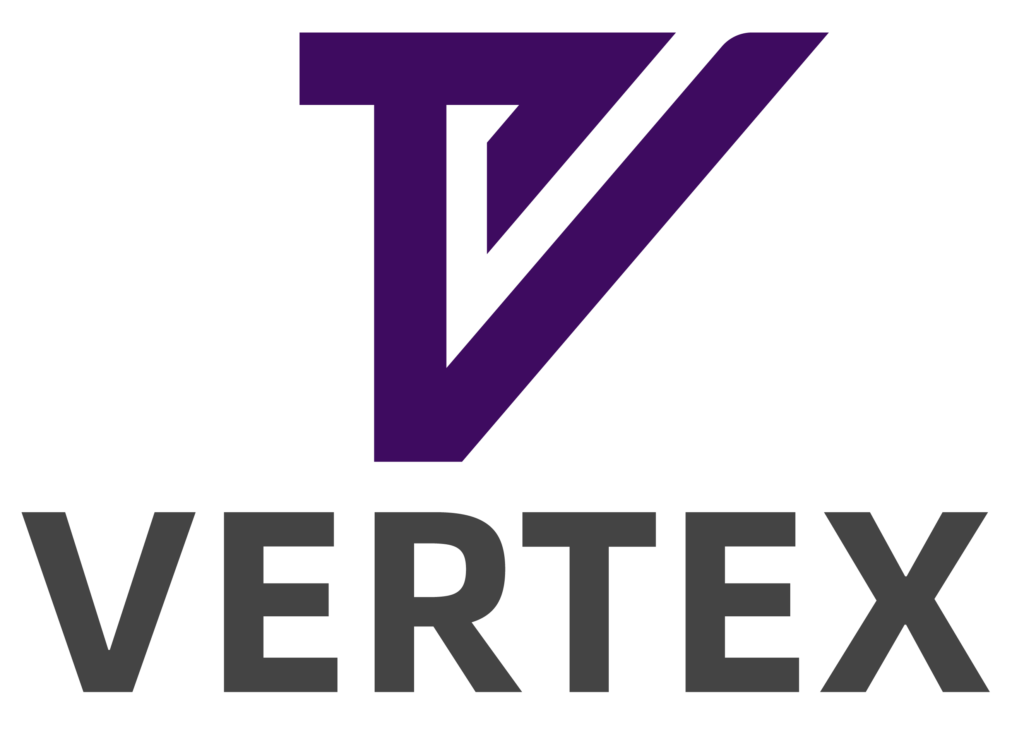Precision Medical Devices Machining Services
our 20-year history provides extensive medical device machining expertise. We meet industry standards with high efficiency, precision, cost-effectiveness, and fast delivery.
- Over 40 Certified Materials
- Custom Finishes
- No Minimum Order
- Fast Turnaround
Save 30% on average!
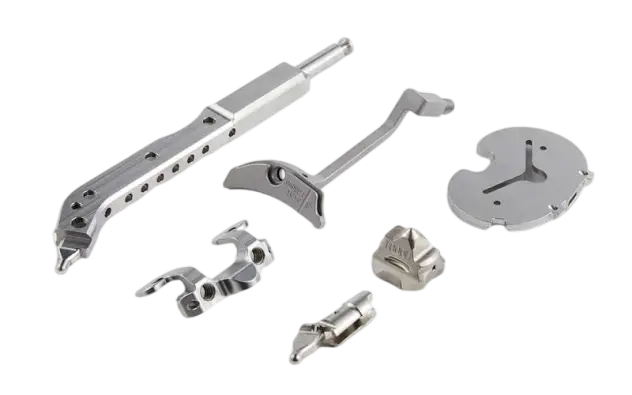
Due to the critical nature of medical devices, the medical industry requires parts with very high precision and unwavering quality. Any deviation can lead to product failure and risk to patient safety.
We double-checks drawings and machining details at every process step, from prototype to low-volume to high-volume production. In the prototype stage, the customer will often optimize the drawings continuously, and ignoring these details is unforgivable for our company’s management. Ensure the customer receives a standardized part that meets their needs every time.
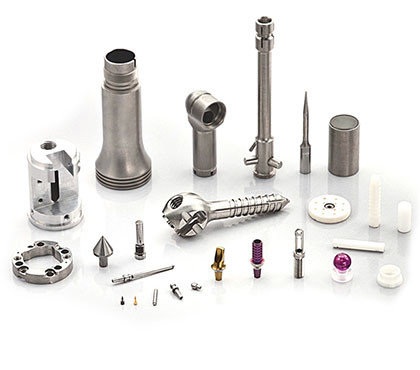
At Vertex, equipping ourselves with a competency detail in medical device precision machining is our strength. This gives us a lead in fabricating quality and accuracy. Don’t miss the chance to learn more about our tailor-made solution that we can fit your need perfectly and you are more than welcome to work with us as we regard cooperation as our success criteria.
Ensuring materials meet regulatory standards such as biocompatibility and sterilization compatibility is crucial.
Materials are required to meet FDA, ISO, and other relevant medical standards for many medical device parts.
Vertex has a channel of domestic material suppliers that meet safety standards. For specialized materials, we also import raw materials from Europe and the United States to meet our customers’ product requirements and provide material certification reports to ensure that the parts we produce are free of material issues.
Our customers can place their medical products on the market with complete confidence and without any complaints.
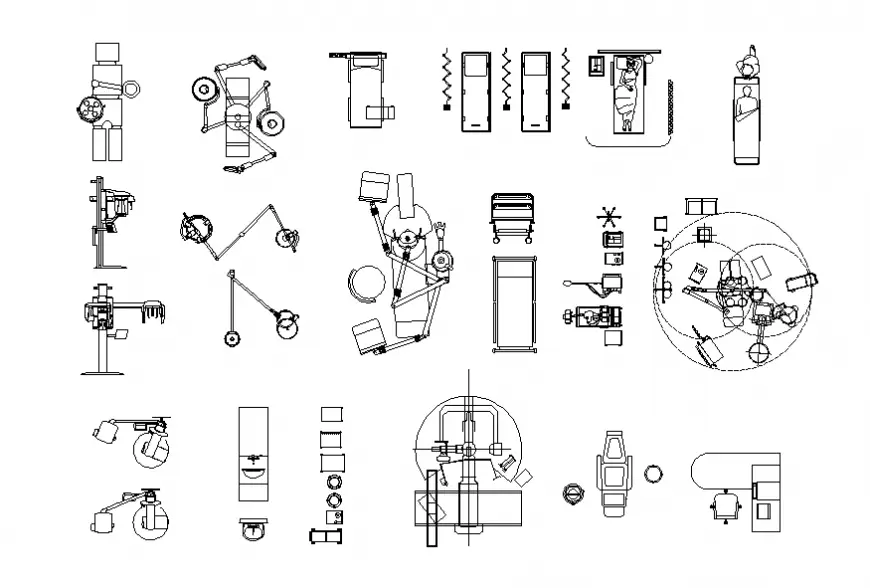
Our customers’ medical components require meticulous precision and their complex designs are often beyond the capabilities of 3-axis CNC machines. Our facility has 3-, 4- and 5-axis CNC machines to meet our customers’ diverse product specifications. We are skilled in adaptive machining strategies to reduce production costs while machining complex geometries.
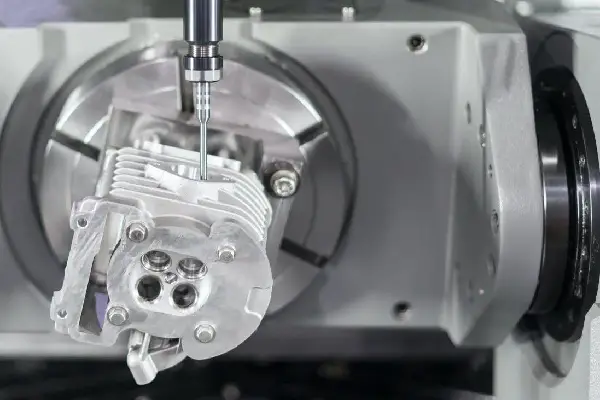
5-Axis CNC Machining
5-axis CNC machining enhances complex medical device production with superior precision, reduced setup times, and cost-effective multi-angle processing.

Medical Part with Complex Geometries
Intricate medical parts with complex geometries, such as implants, surgical instruments, and prosthetics, require precise CNC machining techniques and tools.
High precision and compliance with stringent regulations can make CNC machined parts expensive. Balancing cost without compromising quality is a persistent challenge.
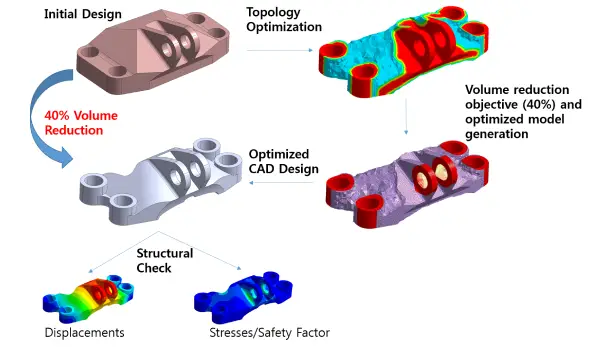
Design Optimization
Streamline device designs for manufacturability, minimizing material usage and machine time, optimizing for cost and production efficiency.
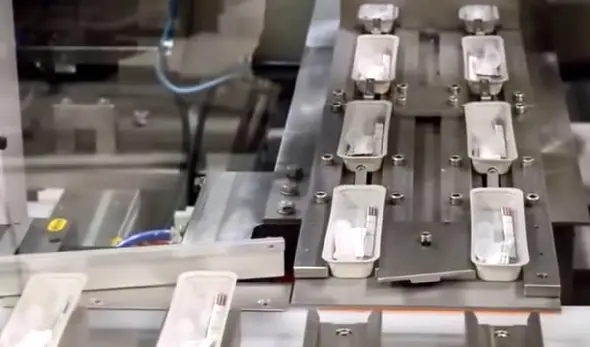
Automation
Integrate automated processes to reduce manual labor, enhance consistency, and lower operational expenses over time.
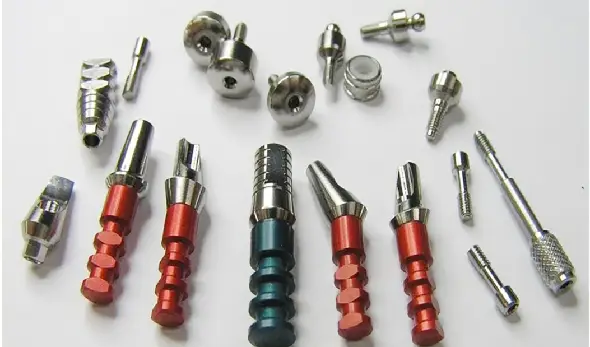
Material Selection
Select materials balancing cost and compliance, avoiding unnecessary expense without compromising medical device quality and performance.
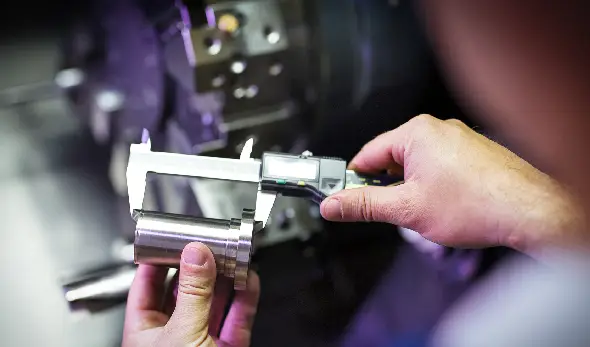
Quality Control
Maintain stringent quality control to minimize rework and scrap, ensuring high yield and reducing cost-per-unit.
What materials are commonly used in CNC machining for medical devices?
Typical materials include titanium, stainless steel, aluminum, and plastics like PEEK, which offer biocompatibility, sterility, and corrosion resistance essential for medical devices.
How does 5-axis CNC machining benefit the production of medical devices?
5-axis CNC machining allows complex shapes and intricate features to be created with high precision, reducing the need for multiple setups and improving efficiency.
What are the quality and compliance standards for CNC machined medical devices?
CNC machined medical devices must meet stringent standards such as ISO 13485, FDA regulations, and any applicable CE Marking requirements, ensuring safety and quality.
How can CNC machining be cost-effective for medical device prototyping and production?
CNC machining is cost-effective due to its precision, repeatability, and efficiency in producing parts, often reducing waste and speeding up production times compared to other methods.
How does Swiss CNC machining differ from traditional CNC machining, particularly in medical device manufacturing?
Swiss CNC machining specializes in creating precision parts with diameters as small as 0.5mm, ideal for intricate medical components, with superior surface finishes and tighter tolerances thanks to its guide bushing and sliding headstock features.
